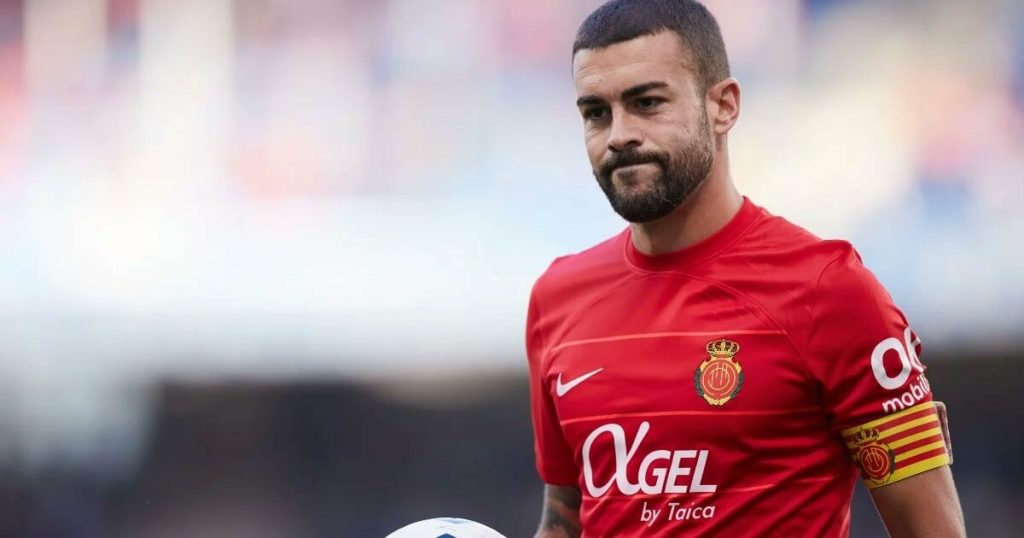The Dani Rodriguez Saga: A Clash of Loyalty, Merit, and Managerial Prerogative
The idyllic island setting of Mallorca, home to the La Liga football club Real Club Deportivo Mallorca, has become the backdrop for a dramatic clash between veteran midfielder Dani Rodriguez and the club’s management. The dispute, sparked by Rodriguez’s public criticism of coach Jagoba Arrasate’s decision to bench him during a match against Real Madrid, has escalated into a full-blown conflict, resulting in Rodriguez’s suspension, salary freeze, and removal from the captaincy. This incident lays bare the complex dynamics of team management, player loyalty, and the delicate balance between individual ambition and collective goals.
Rodriguez, a seasoned playmaker who has been a mainstay at Mallorca since 2018, expressed his frustration after being left on the sidelines during the team’s 2-1 defeat at the Santiago Bernabeu. The veteran midfielder took to social media to vent his disappointment, suggesting that his benching in favor of new signing Jan Virgili, who had barely trained with the team, sent a “horrible message” to the dressing room. His post underscored his belief that years of dedication and loyalty to the club were being disregarded in favor of a newcomer, questioning whether “work, delivery, and loyalty” still held value within the team.
The club’s swift and decisive response to Rodriguez’s outburst highlighted their zero-tolerance policy towards public dissent. Mallorca’s official statement announced the suspension of Rodriguez’s employment and salary, coupled with the immediate revocation of his captaincy. While the club did not explicitly address Rodriguez’s grievances, their actions clearly signaled a disapproval of his public airing of internal matters. This strong stance raises questions about the balance between a player’s right to express dissatisfaction and the club’s need to maintain discipline and protect team unity.
This incident delves into the age-old debate about seniority versus meritocracy in sports. Rodriguez’s argument hinges on his longstanding service to the club, implying that his loyalty should guarantee him playing time regardless of current form or tactical considerations. Conversely, the coach’s decision to prioritize a new signing, albeit one with limited training time, suggests a focus on performance and tactical fit over sentimentality or past contributions. This conflict exposes the inherent tension between rewarding loyalty and prioritizing the team’s immediate needs, a challenge faced by managers across all sports.
The Rodriguez affair also underscores the changing dynamics of modern football, where social media has become a powerful platform for players to voice their opinions and bypass traditional communication channels. While this allows players to directly engage with fans and control their narrative, it also carries the risk of escalating internal disputes into public spectacles. Rodriguez’s Instagram post, while expressing his personal frustration, inadvertently ignited a larger controversy, forcing the club to react publicly and potentially damaging team morale.
The long-term consequences of this incident remain to be seen. Will Rodriguez’s suspension be a temporary measure, or will it mark the end of his tenure at Mallorca? Will other players rally behind their former captain, or will the club’s decisive action deter further dissent? The episode serves as a cautionary tale for both players and clubs about the importance of clear communication, respect for internal hierarchies, and the responsible use of social media in the modern sports landscape. The balance between loyalty and performance, between individual ambition and collective success, remains a delicate tightrope walk, one that Mallorca and Dani Rodriguez must navigate carefully to restore harmony and pursue their shared goals.














